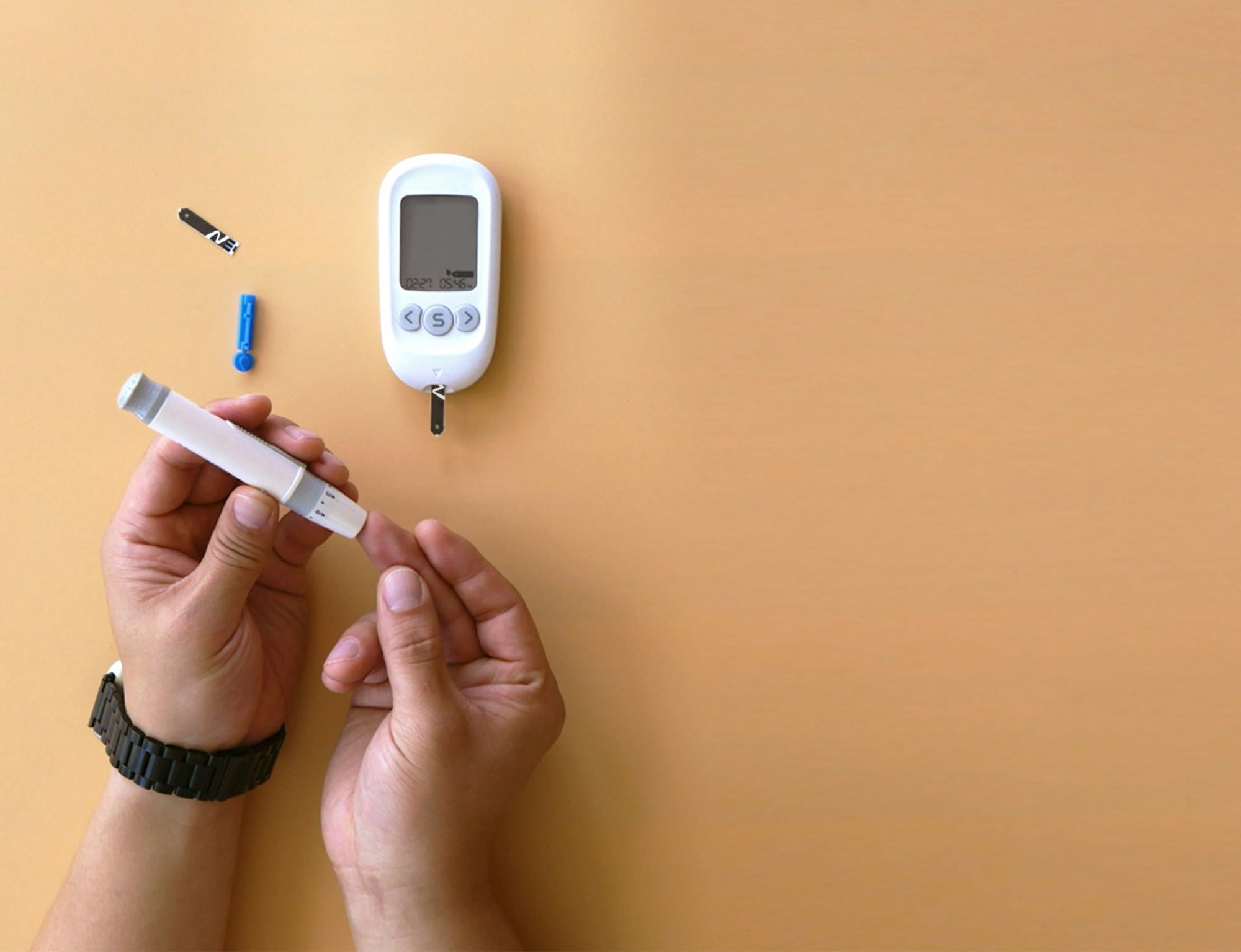Lifestyle
The 11 Telltale Signs You Have Diabetes
By CM Chaney · March 3, 2024
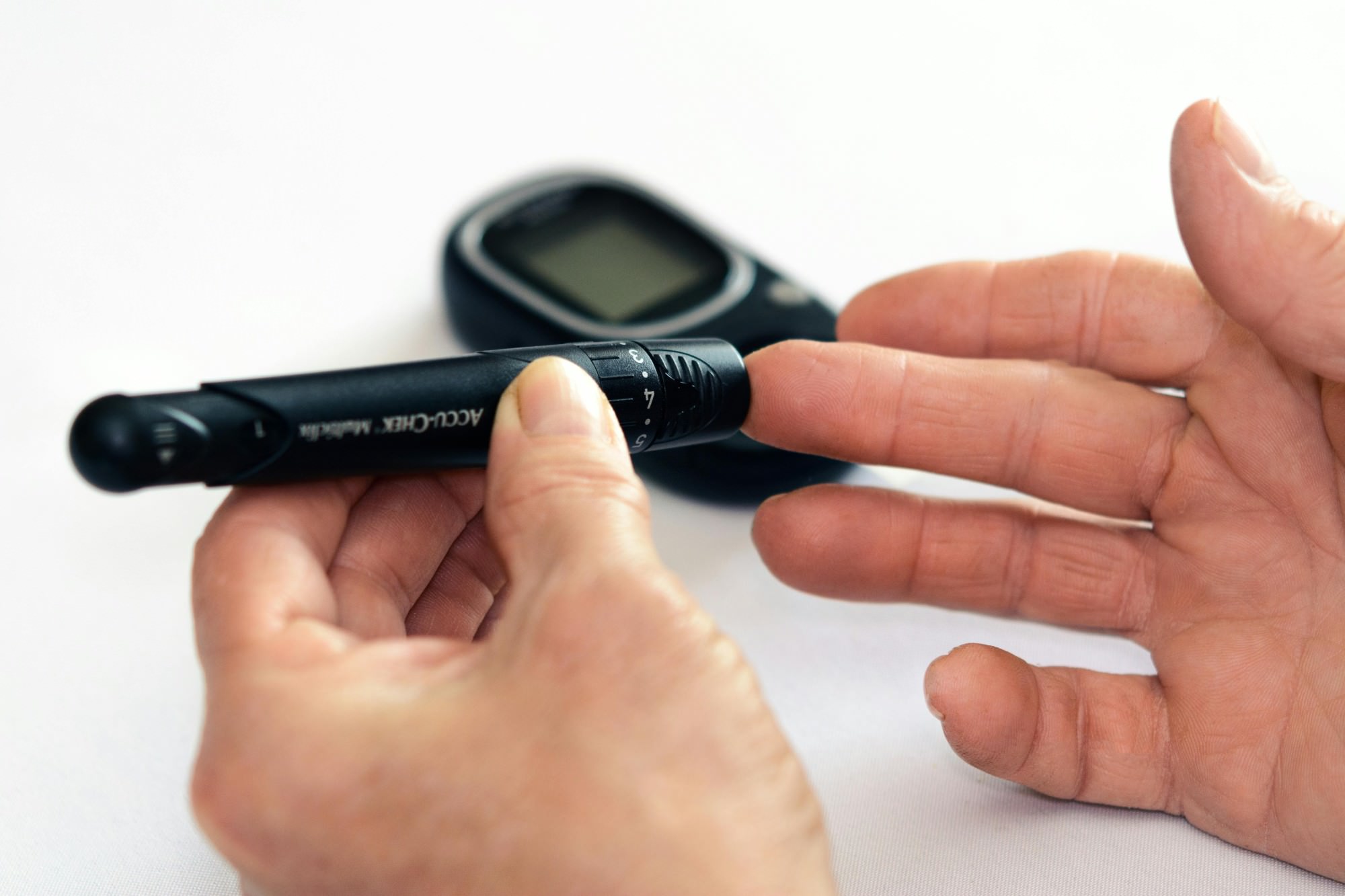
11 Signs You Might Have Diabetes
Wondering if you could have diabetes? The early symptoms arise from higher-than-normal blood sugar levels and can be frustratingly subtle.With type 2 diabetes especially, the signs tend to come on gradually and cause such minor discomfort that many fail to recognize them. As a result, some people only receive their diagnosis once irreversible issues from lengthy uncontrolled diabetes crop up.
In contrast, type 1 diabetes typically declares itself loudly and rapidly—we're talking days to weeks. The abrupt onslaught of symptoms like extreme thirst, frequent urination, blurry vision, unintended weight loss, and weakness leaves little room for doubt. Still, given the potentially serious complications of chronically high blood glucose, all cases require prompt medical attention for proper testing and treatment.
Catching diabetes early can hugely impact outcomes. So tune into your body and seek help if anything seems off. PhotoMIX Company / Pexels

Urinate A Lot, Often At Night
When blood sugar is too high, excess glucose spills into the urine, pulling fluid from tissues. This causes the kidneys to produce more urine to rid the body of extra sugar. Frequent urination results, even waking one at night. Artem Podrez / Pexels
Experience Excessive Thirst
High blood sugar draws fluid from the body's tissues, causing dehydration. The body responds with increased thirst as a signal to drink more to compensate for the abnormal fluid loss caused by uncontrolled diabetes. Polina Tankilevitch / Pexels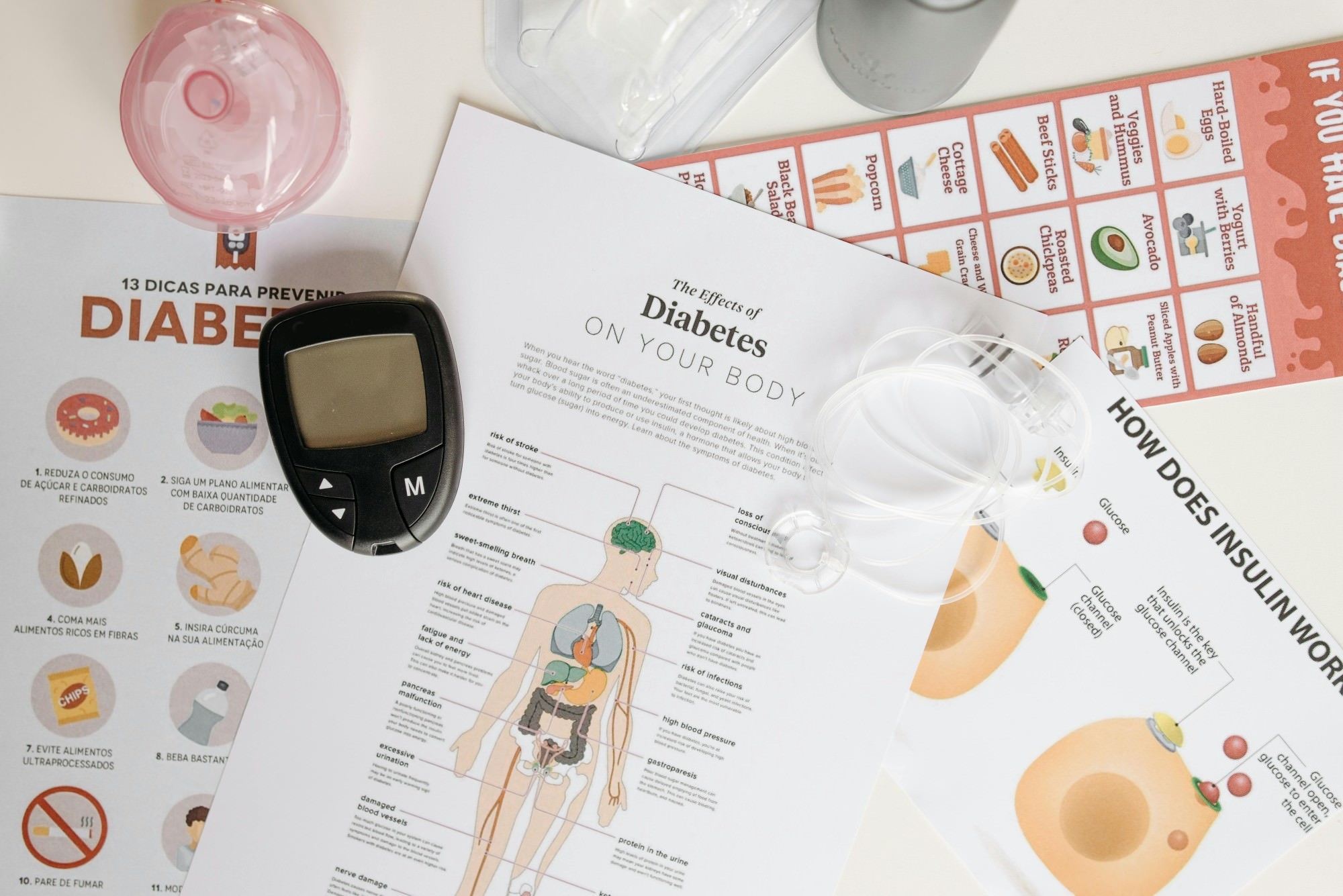
Lose Weight Without Trying
Despite eating enough, unhealthy blood sugar prevents the body from being able to use food properly for energy. This causes weight loss as the cells starve amidst plenty, breaking down protein and fat to survive. Pavel Danilyuk / Pexels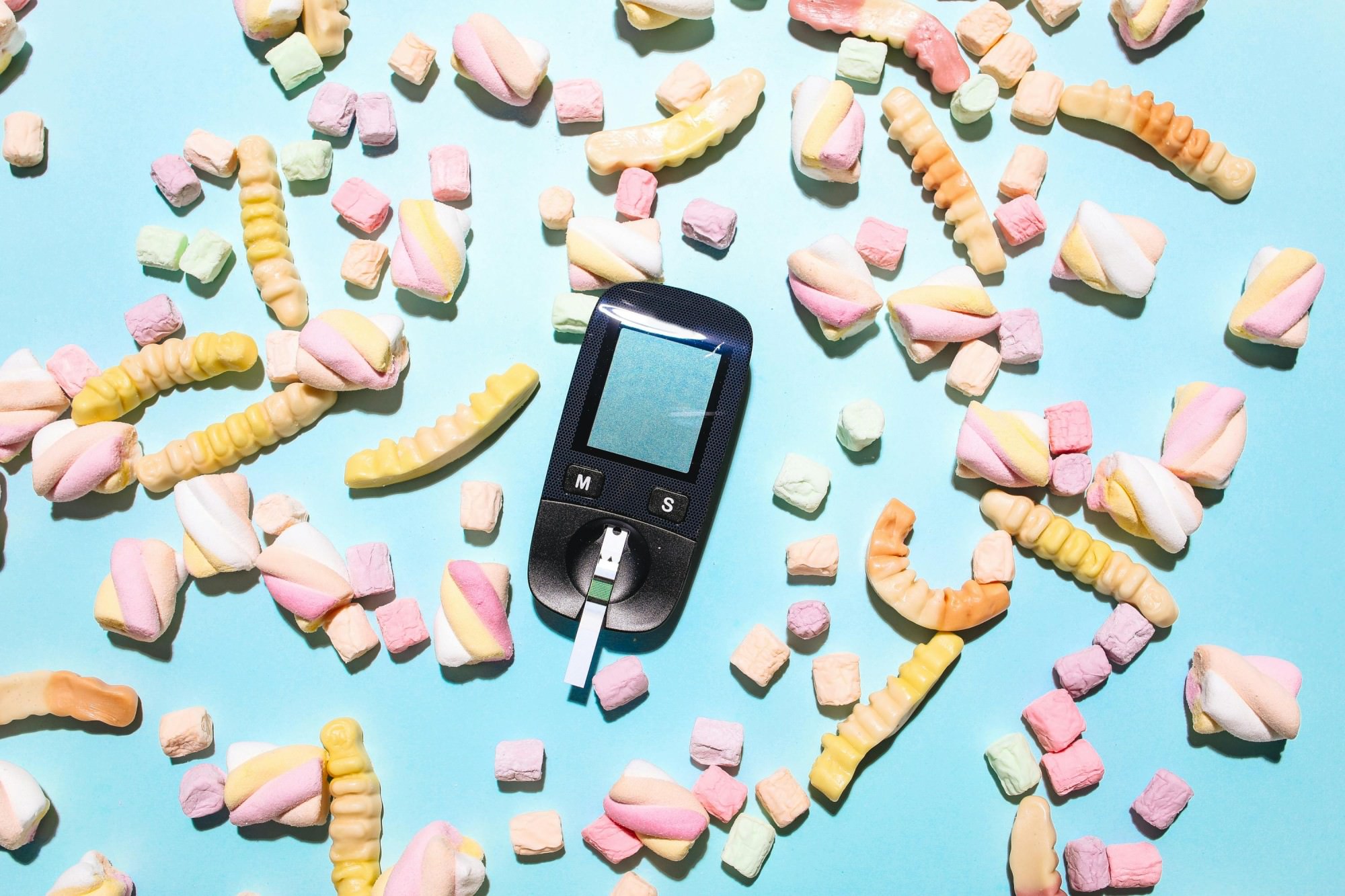
Are Very Hungry
Even after eating, high blood sugar prevents cells from absorbing glucose for energy. The body reacts by spurring hunger signals to seek sustenance, though sugar overload - not true need - drives the increased appetite. Polina Tankilevitch / Pexels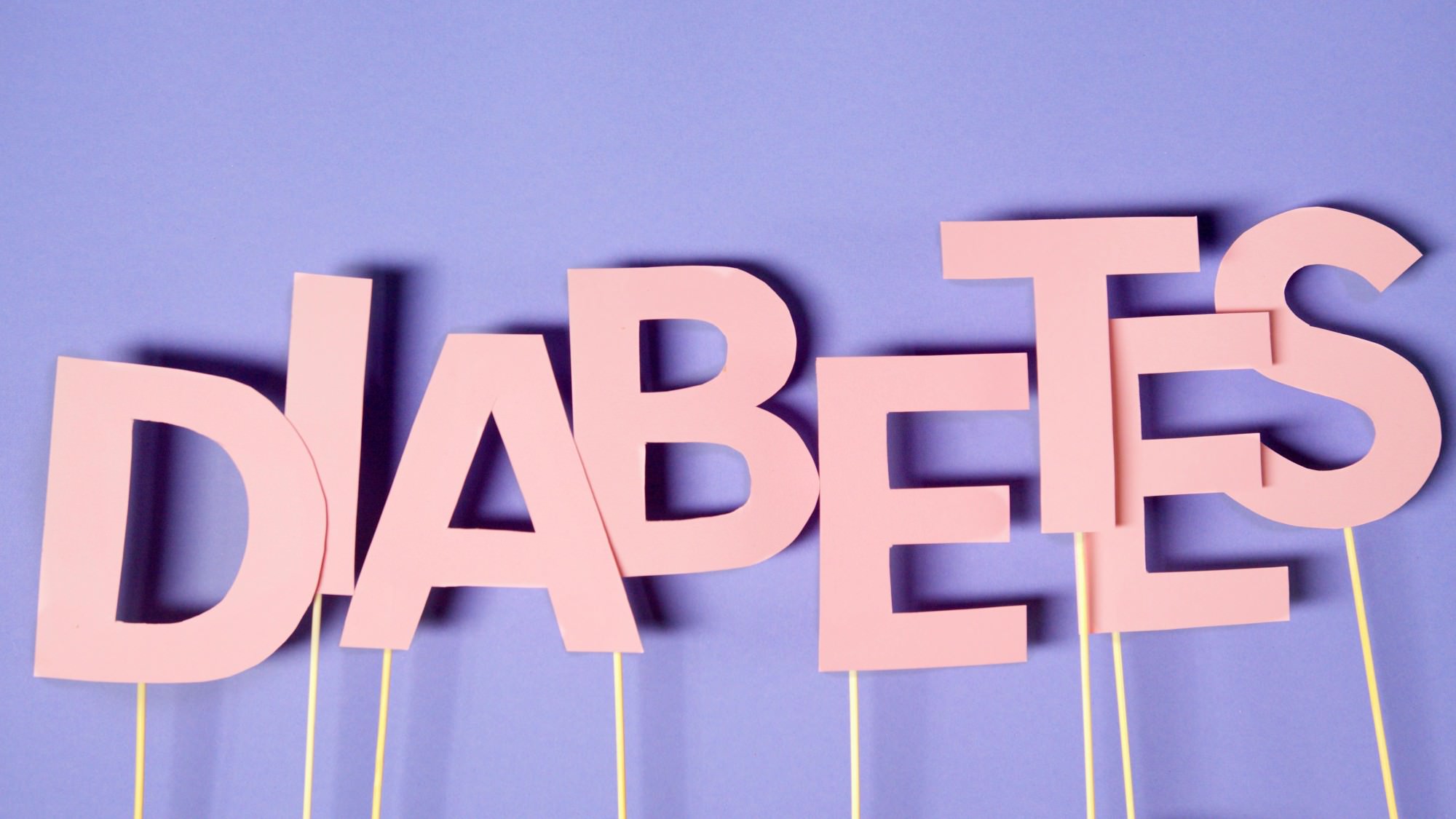
Have Blurry Vision
Excess sugar absorbed by the lens of the eye causes fluid shifts that change the curvature, distorting focus. High blood glucose also draws fluid from tissues, swelling the lens further contributing to suddenly blurry vision. Artem Podrez / Pexels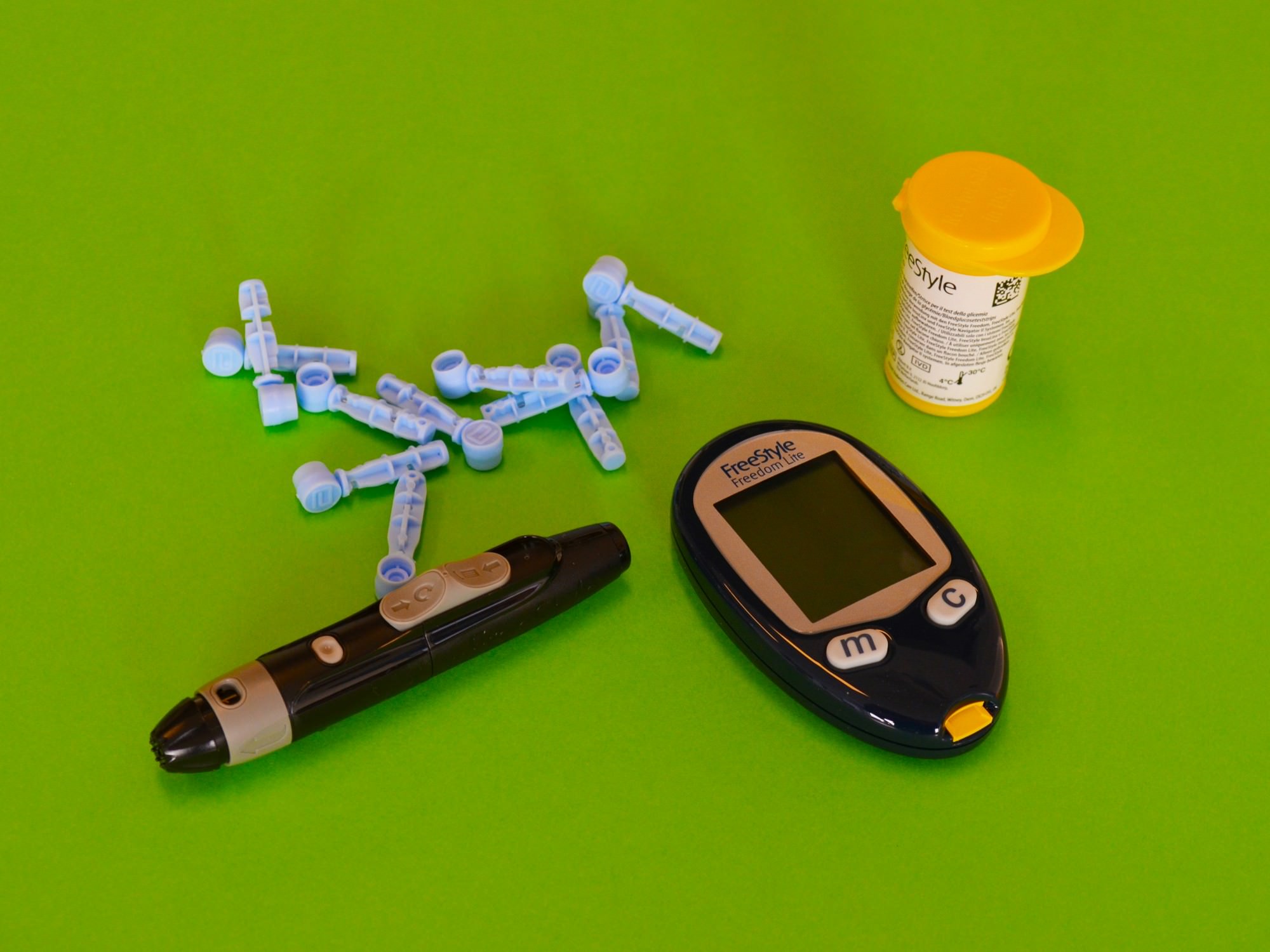
Have Numb Or Tingling Hands Or Feet
Chronically high blood sugar can injure nerves, especially in the hands and feet, causing painful nerve damage called neuropathy. Numbness and tingling result as nerves misfire and lose their ability to transmit sensations. Diabetesmagazijn.nl / Unsplash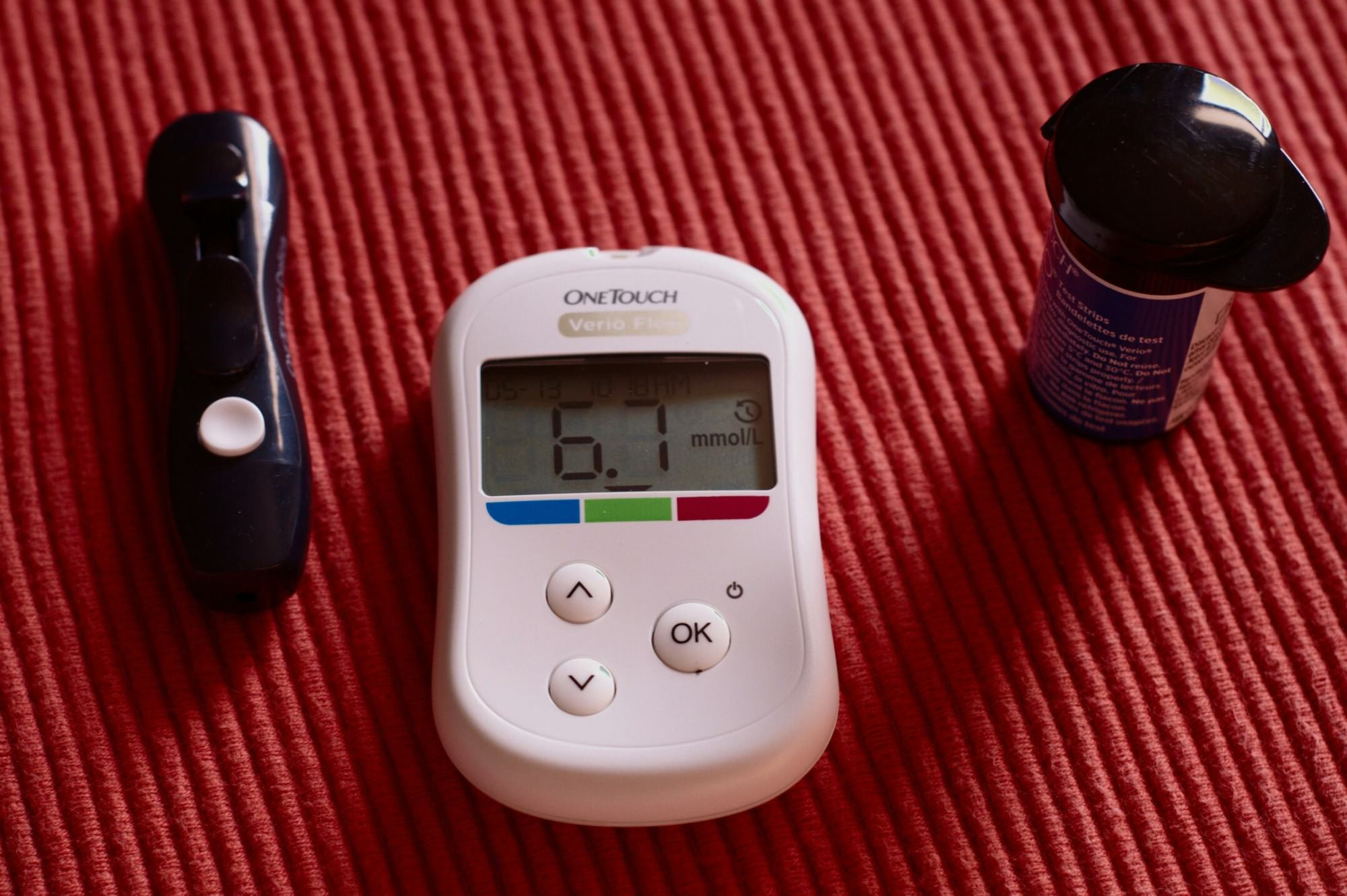
Feel Very Tired
Despite high blood sugar, cells are unable to access glucose for energy. This causes exhaustion as the body breaks down fat and muscle instead, struggling in a starved state with blood containing useless excess sugar. Kate / Unsplash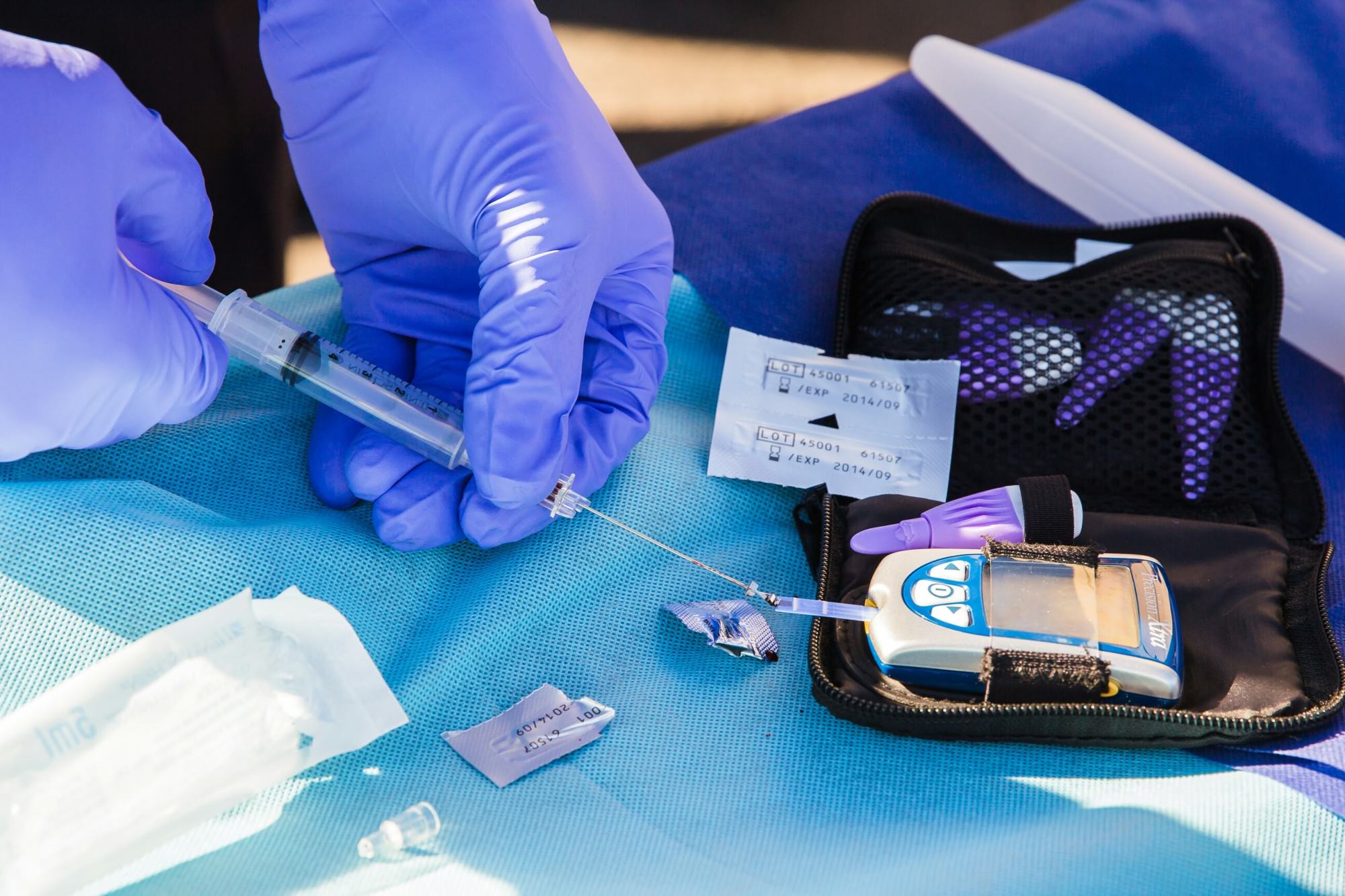
Have Very Dry Skin
Excess blood sugar pulls fluid from the skin cells, causing dehydration throughout the body’s tissues. This leads to dry, sometimes itchy skin lacking adequate moisture especially on the extremities farthest from the heart. Matt C / Unsplash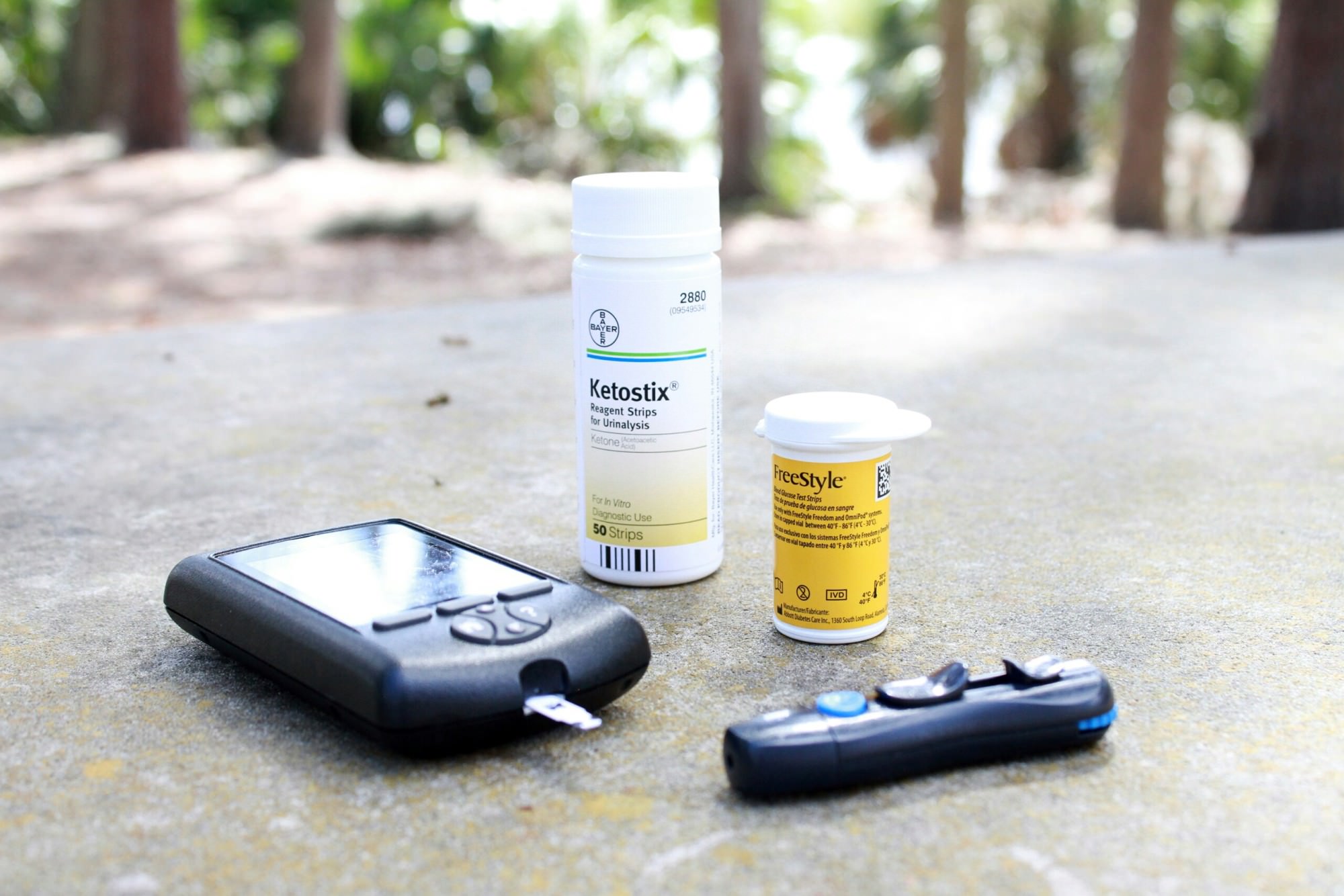
Have Sores That Heal Slowly
Chronically high blood sugar hampers immune function and restricts blood flow, reducing oxygen and nutrients needed for wound repair. This slows healing, increasing chance infections will develop in open sores. Mykenzie Johnson / Unsplash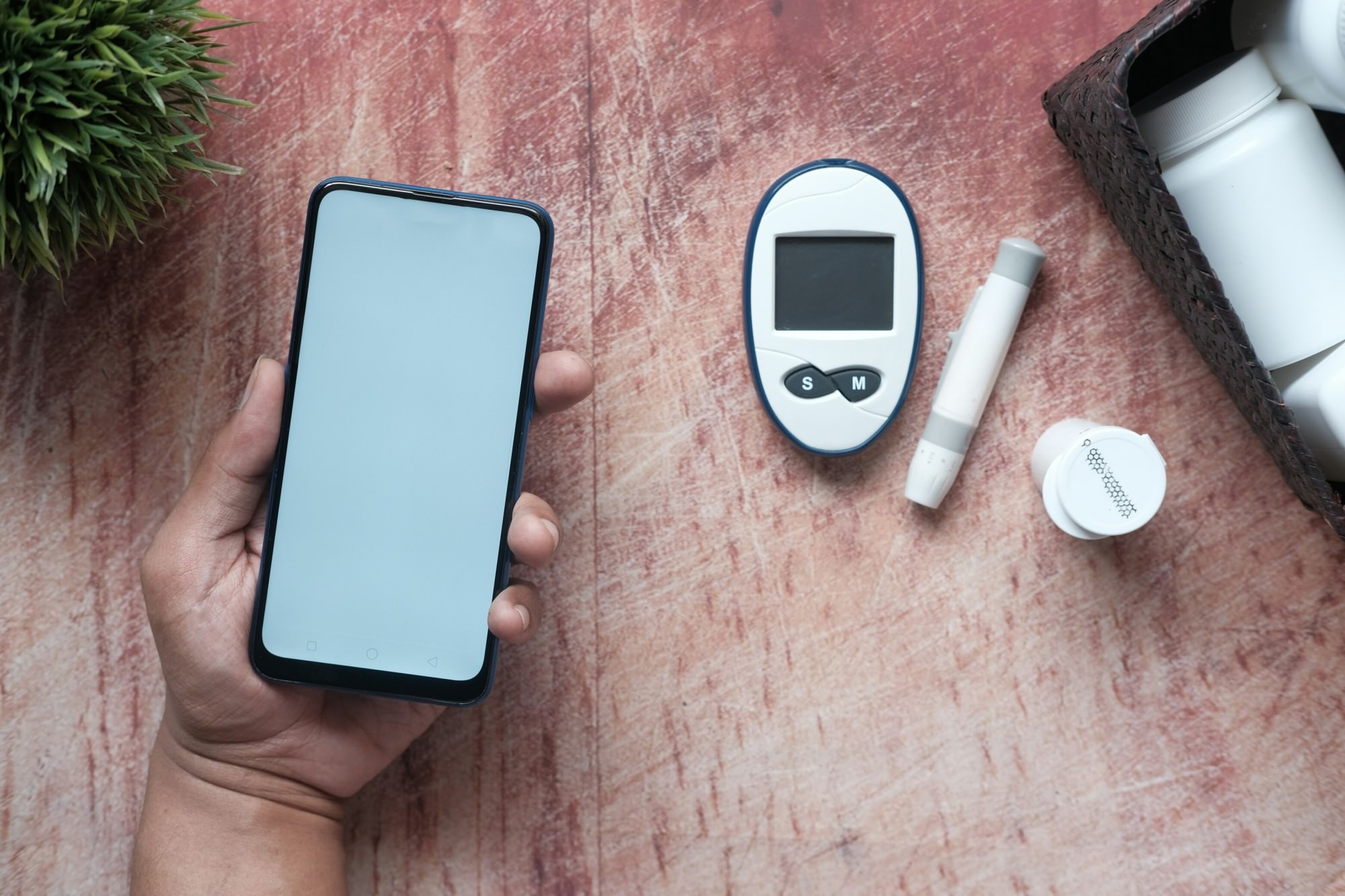
Have More Infections Than Usual
Elevated blood sugar impairs immune cells, making it harder to fight off viruses, bacteria, and other invaders. Harmful organisms can more easily establish footholds for infections when defense responses are compromised by uncontrolled diabetes. Towfiqu barbhuiya / Unsplash